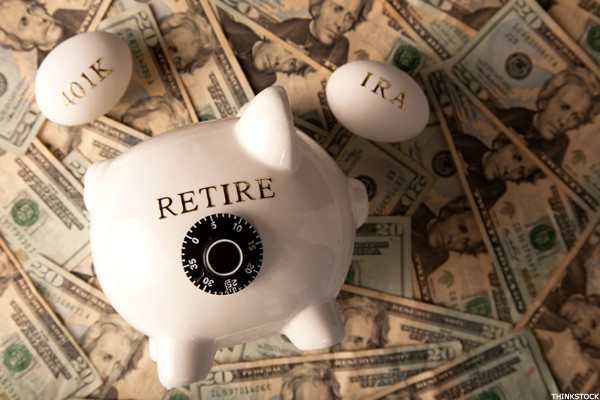Where to Invest Your ShortTerm Savings US News
Post on: 3 Май, 2015 No Comment

When military couples receive deployment cash, they can grow it before spending it.
Every time Michael, 25, gets deployed by the military (he’s currently serving in Afghanistan), he receives extra money for his service. That means he and his fiance, Jessica, 29, need to decide what to do with it. It sounds like a good problem to have, but it’s not always an easy decision.
According to Jessica, Michael is extremely conservative when it comes to his money. “He is very weary of investing in this market, even though he shouldn’t be,” says Jessica. In fact, the couple has done a great job managing their finances so far, despite their young ages: Jessica owns the condo they live in, and she currently puts 6 percent of her salary into her retirement account.
But they want to move out of their condo soon and buy a new house, using the condo’s equity as well as his deployment money as a down payment. That means the couples wants to invest in something that won’t tie up their money for too long, or charge too much in taxes after they cash out. The deployment money is current sitting in CDs that offer 2 percent yields. The rest of the couple’s savings is in CDs and similarly conservative investments—no mutual funds or stocks.
Jessica wants to know: “Where should we put that extra money until we’re ready to buy a house?”
The answer is the same for anyone who finds themselves with short-term savings that they are not entirely sure how to handle. Keeping it in a bank account is safe, but sacrifices any significant returns. Putting it all in the market creates the opposite problem: It might earn higher returns, but you could also lose a lot right before you want to spend it on a purchase like a house.
That’s why a little mixing-and-matching is in order. Creating a diversified portfolio, with some money in more aggressive investments (such as an index fund that tracks the market) and some money in safer spots such as money market funds could help Michael feel more comfortable with letting go of some of his cash while also helping the couple benefit from any upside in the market.

[For more money-saving tips, visit the U.S. News Alpha Consumer blog .]
“The market can seem just too, too risky, especially these days,” says Carmen Wong Ulrich, author of the forthcoming The Real Cost of Living. “But instead of thinking only about the risk, you must balance it with the tragedy of the losses you’re incurring by not doing two things. First, using more tax-friendly tools, such as IRAs, to save tremendously and second, not using the market for what it’s good for—long-term, well-diversified investing.” IRAs, Wong Ulrich adds, could save the couple thousands of dollars through their tax benefits.
Right now, she says, the couple has the portfolio of 80-year-olds, and they should shift toward a more aggressive approach more suitable to their young age. She suggests reading a classic such as Benjamin Graham’s Intelligent Investor to feel more comfortable with the market and understand that you can find less risky ways of investing, especially through diversification. She has some words of advice for the couple: “You’re too young to let fear hold you back from growing your money as you should. Plus, time is on your side now! But it won’t be forever.”
The bottom line. Start creating a more diversified portfolio for your savings. While your long-term savings will probably be largely in stocks at your age, your more short-term savings can be in safer spots with just a small portion in the market. If you want to make sure all of the money you need soon will be there for you, then take a close look at money market funds, which invest in low-risk securities. While they aren’t insured by the FDIC as bank accounts are, they offer a relatively safe way of earning a slightly higher return than what you typically get from a savings account.














